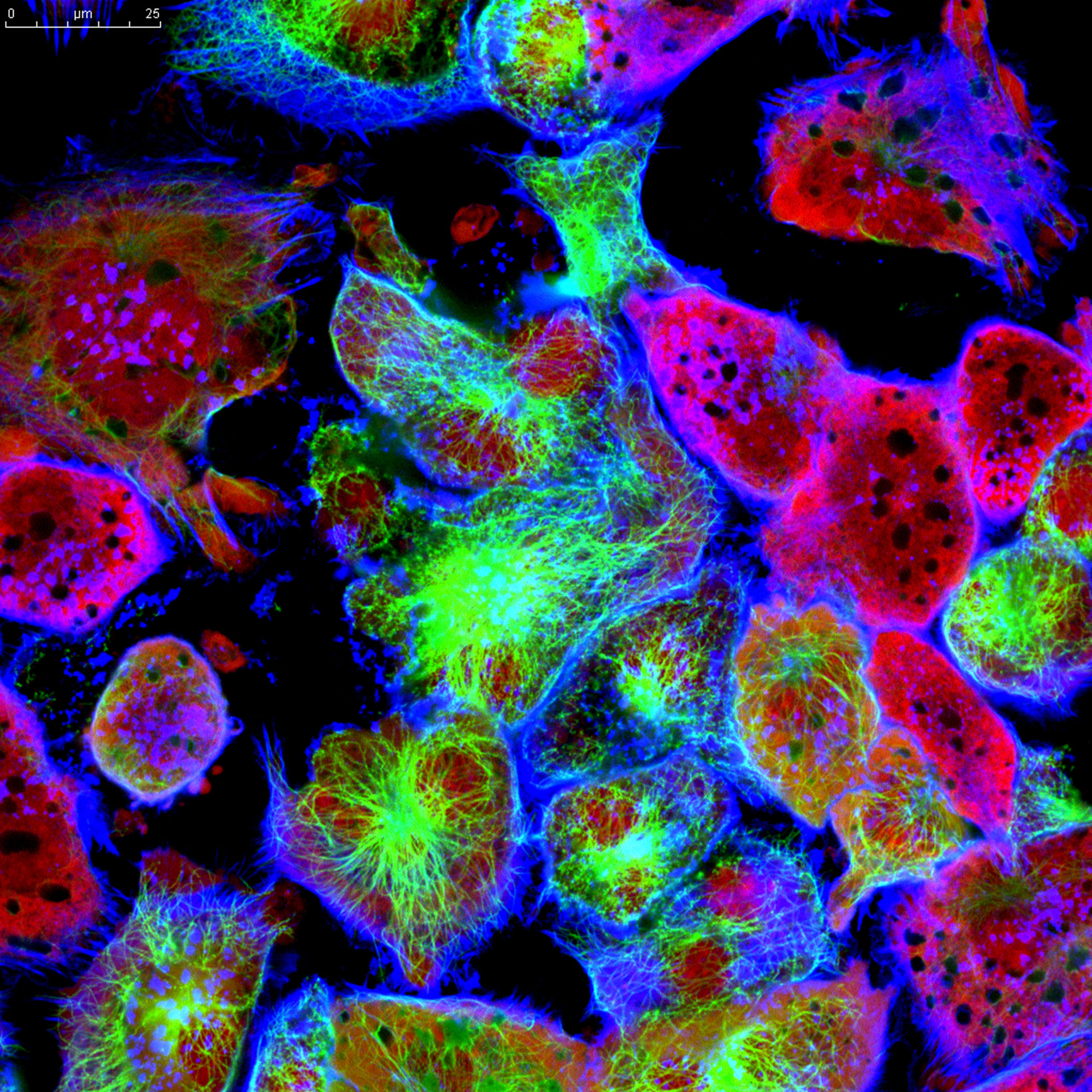A new study shows that Black patients have poorer cancer outcomes than Whites not due to biology, but simply because of less access to health care. The study was published in the Journal of the National Comprehensive Cancer Network.
Researchers evaluated Medicare data on 13,117 individuals suffering squamous cell cancer of the head and neck. The population of interest were diagnosed with their first and only malignant tumor at age 66 or older sometime between 2006 and 2015.
Unsurprisingly, the results showed that Black head and neck cancer patients had worse outcomes than the white cancer patients. “But then when we controlled for access to care, those differences suddenly disappeared,” said researcher Jessica McDermott, MD, an assistant professor in the Department of Medical Oncology via a press release. “When you closely examine the data, it becomes clear what is going on.”
“This is an interesting finding,” continued McDermott. “A lot of the reasons driving the disparate outcomes came down to socially related things – they were less likely to be married, lived in poor areas, had comorbidities [presence of two or more chronic diseases], were less likely to see a primary care provider in the year leading up to the diagnosis, and were more likely to present in the emergency room.”
For most cancers, the researchers noted, where and when a patient first presents can make a large difference both in care and outcomes. “Just a reminder that we are talking about a curable disease, a disease that, if treated properly, can be eradicated with a high degree of certainty,” added Sana Karam, MD, PhD, an associate professor in the Department of Radiation Oncology. “I hope that more targeted interventions can be developed as a result of our findings. The problem lies not so much in biological differences, but access. If Black patients get the treatment, they do just as well.”
Credit: Original article published here.










